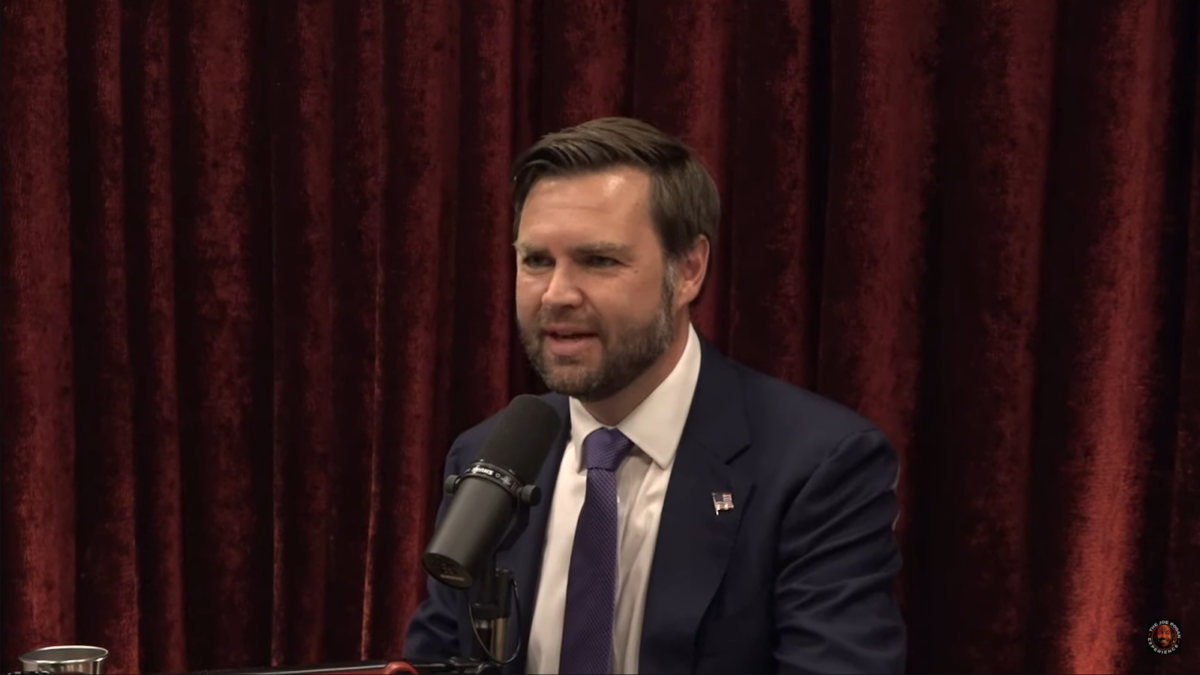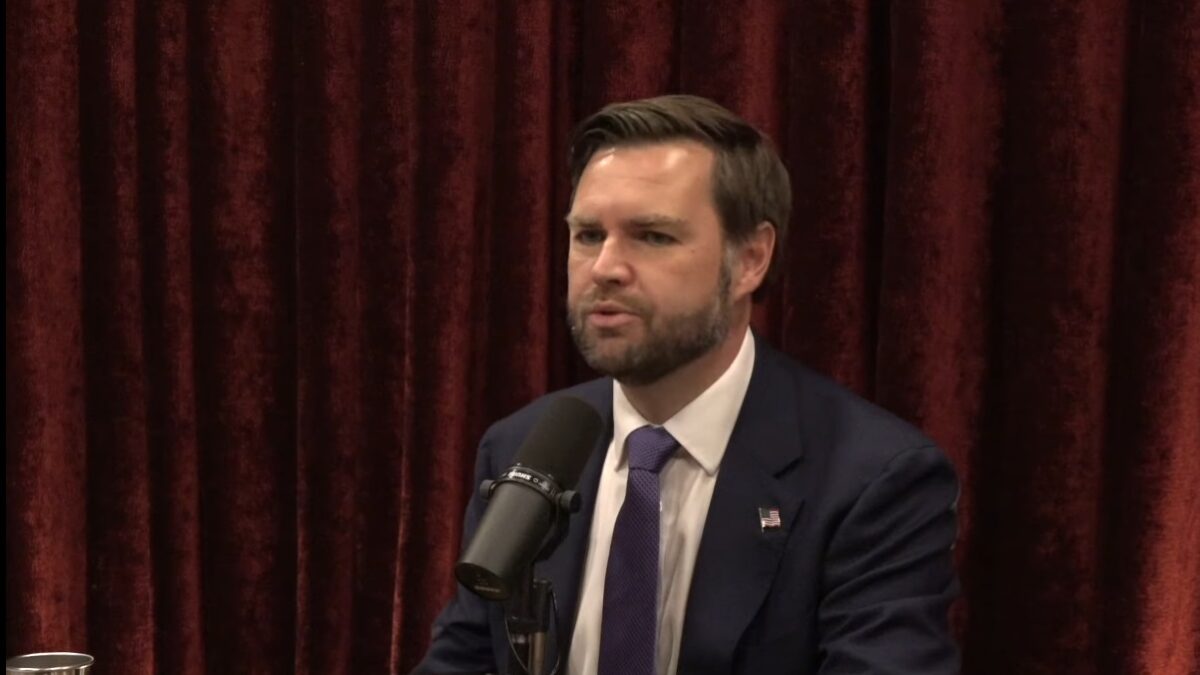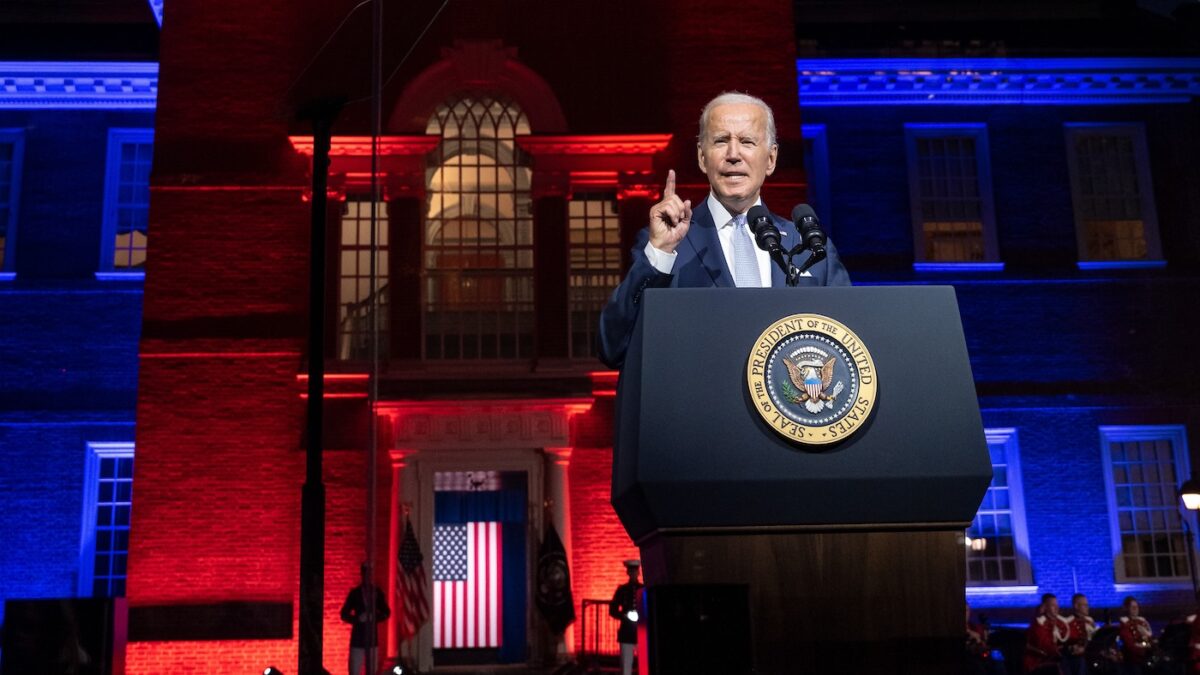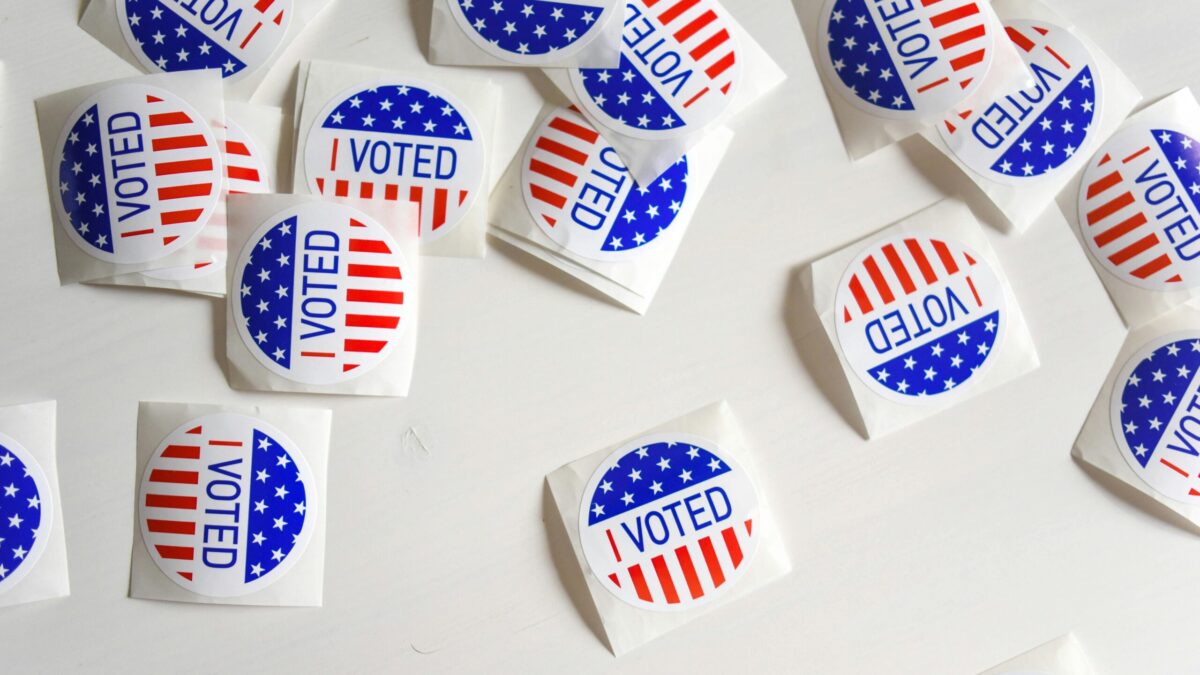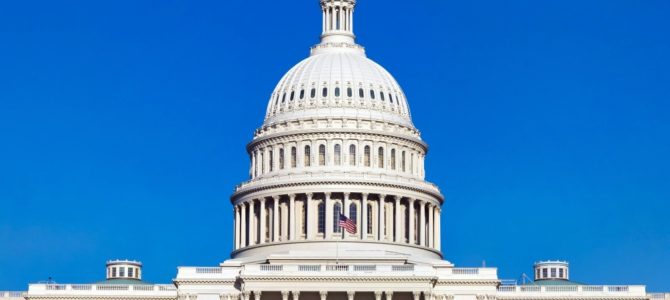
D.C. statehood is not a novel idea. As the Department of Justice concluded in 1987 in a highly detailed report totaling more than 80 pages: “Efforts to admit the District of Columbia to the Union as a state should be vigorously opposed.” Still, the idea lingers, although never nearing 60 votes in the Senate (or a constitutional amendment for that matter).
The passage of time has not brought D.C. statehood closer to 60 votes. But statehood has suddenly become plausible to propose. Indeed, the forceful Democrat push to end the filibuster — that is, to revoke a 60-vote requirement — gives D.C. statehood an undeniable chance.
The well-worn argument in favor of D.C. statehood goes like this: D.C. residents pay federal taxes and otherwise bear the burdens of citizenship, such as signing up for the draft. Therefore, D.C. should be a state. Furthermore, anyone who opposes the measure must be racist, since 46 percent of the District’s residents are black Americans. Closer scrutiny, however, reveals these arguments to be overly simplistic.
Corrupting and Hampering Federal Business
The Founders thought it obvious the nation’s capital should be subject to federal, rather than state, jurisdiction. No self-respecting federal power should tie its capital’s success to the benevolence of a state, forcing the nation as a whole to endure whatever state mismanagement, neglect, corruption, or disdain for federal officials may occur.
Additionally, they realized tying federal operations to a state’s continued good graces would necessarily create a cozy relationship between federal officials and that state, contrary to our nation’s federal system that recognizes our states as equals.
The potential for corruption is limitless. A state could prevent needed federal buildings through poor zoning laws or — as COVID-19 has shown us — prevent gatherings to debate and vote on crucial legislation. Members would dole out favorable federal policies and, in return, receive favorable local tax policies.
Congress Isn’t a Distant King
The “no taxation without representation” rallying cry of the American Revolution stemmed from British efforts to tax the colonies exclusively. Yet D.C. residents pay no unique taxes. Indeed, they are the largest beneficiaries of federal dollars.
While the average U.S. resident took $2,000 more than he or she paid in taxes pre-COVID (the reality of our nation’s spending problem), the average D.C. resident took in almost $59,000 – for D.C. in total, that’s $41 billion more than it pays in taxes. That blows any state out of the water, and certainly any city. Receiving a $41 billion surplus from the federal government is a far, far cry from being mistreated by an unelected monarch across the sea.
D.C. has the highest average federal income tax per capita, proponents add. Yes, it also has the highest average income per capita — that’s how taxes work. Also, if the argument really is that an individual’s representation should rise or fall based on her tax burden, let’s see where that road leads.
In the final analysis, residents of D.C. have far more representation than those in any state. If there’s a hurricane, an opioid crisis, a homelessness surge, too much smog, or a bridge that needs building — no need to ring your representative. No need for a citizen petition. Congress knows.
The news written by D.C. residents is the news consumed by Congress. The quality of health care available to D.C. residents is the quality available to Congress too. Again, the king of England did not participate in the burdens imposed on colonists. But to think that the interests of D.C. residents aren’t shared by the members of Congress who live and work there defies reason.
The Constitution Means What it Says
To quote again from the Department of Justice report, “Statehood for the Nation’s capital is inconsistent with the language of the Constitution.”
The Constitution gives Congress — not D.C. residents — the power to exercise “exclusive” power over “such District,” “not to exceed 100 square miles of land ceded from the States, that occupies the Seat of the Government.” H.R. 51 attempts to skirt this language by shrinking “such District” to mini pockets of federal buildings, and letting the rest of the District turn into Douglass Commonwealth state.
But the Constitution, in describing Congress’s exclusive power over the District, also vests “exclusive” power to control forts and other federal buildings. That contrast is illuminating. By giving Congress power over the District, not just over isolated federal buildings, the Constitution grants Congress exclusive authority over the entire district that became the seat of government, not merely over the seat of the government.
Moreover, as H.R. 51 itself recognizes, the Constitution would need to be amended to repeal the 23rd Amendment. This amendment gives electoral votes to the “District constituting the seat of the Government” as “if it were a State.” Given that H.R. 51 would shrink that area down to federal buildings, allowing this mini “District” to continue to exercise electoral power would be absurd. It would also be completely contrary to the understanding of the states that ratified the 23rd Amendment.
An Aside on Name-Calling
Frankly, we all know what is actually going on with D.C. statehood. D.C. is a Democratic stronghold. Its residents voted 91 percent for Hillary Clinton in 2016, and 92 percent for Joe Biden in 2020. To obfuscate the political nature of D.C. statehood, proponents attack the racist motives of those favoring our federal structure and the text of the Constitution.
Yet the argument against statehood would be the exact same if D.C. were an exclusive club of Mayflower descendants. We know this is true because the Founders created this federally-controlled district when it looked like rural Maryland and rural Virginia.
No one thinks Oklahoma City should be a state, despite its similar population. Or Nashville. Or El Paso. While it’s true those cities have representation in Congress, these urban areas in otherwise rural states are unquestionably underrepresented in the Senate. Name-calling is a resort away from reason, and the rationale against D.C. statehood is sufficiently clear to avoid such devolving.
Our Federalism Preserves Our Individual Rights
Our Founders created a federal system, not an unstable majoritarian democracy. The interests and rights of the states, in our country, are pitted against the interests and rights of the federal government, and the winners are individuals, whose rights are preserved.
D.C. residents are — and have all the rights of — U.S. citizens. They are not represented in Congress by a state because they are represented by Congress as a whole.
Ultimately, the District does not belong to D.C. residents. It belongs to all of us.


